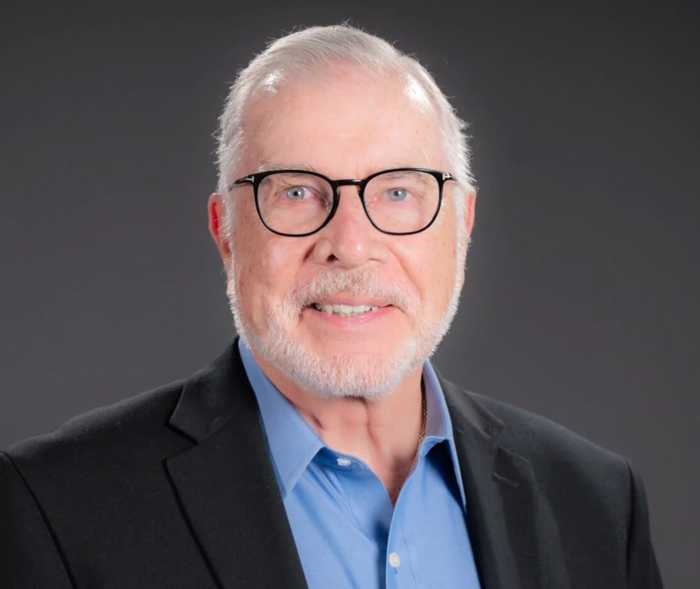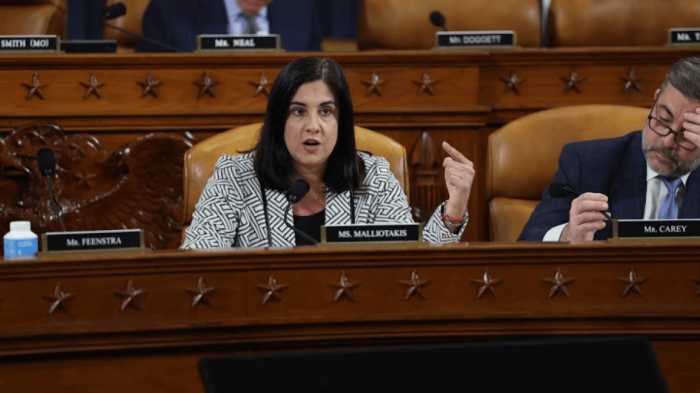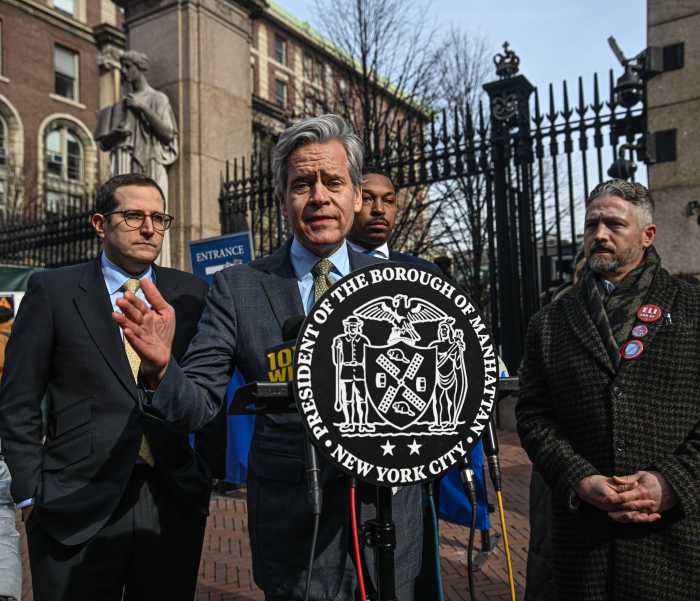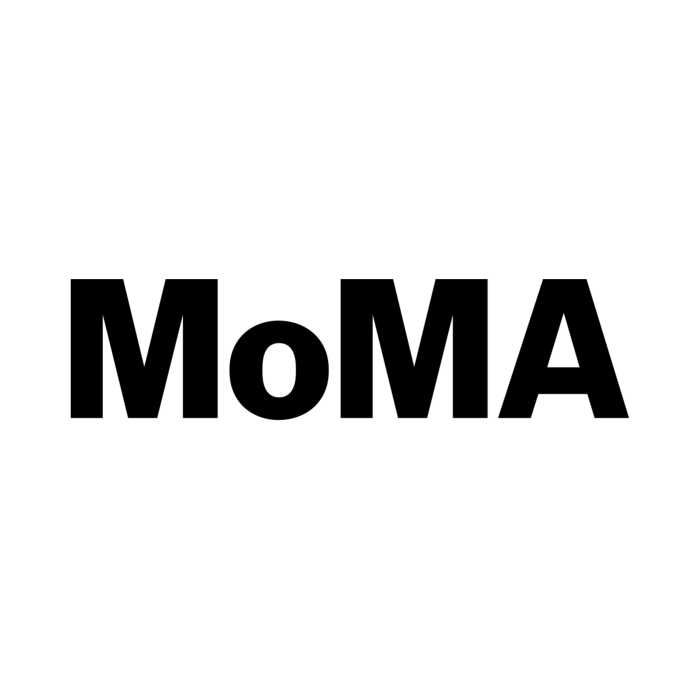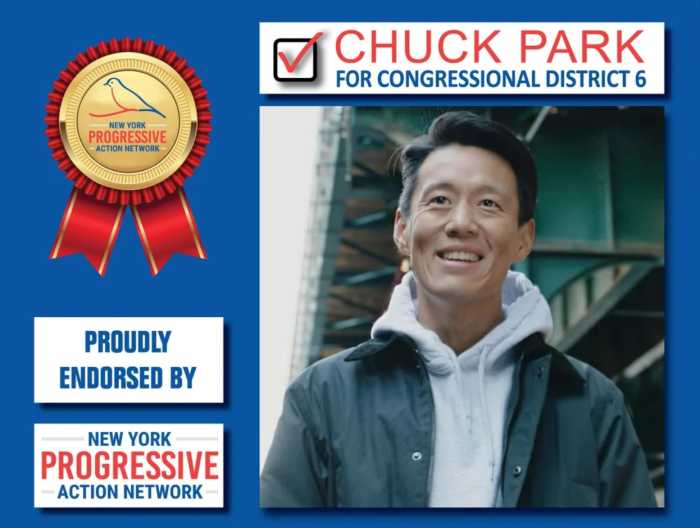A new law that bans most private companies in New York City from testing job applicants for marijuana as part of the hiring process may have an impact that reaches far past city limits.
Local Law 91, which was passed by the City Council in April, designates pre-employment testing for the presence of tetrahydrocannabinols — the psychoactive ingredient in marijuana commonly known as THC — as a discriminatory practice.
While the law provides exemptions to a handful of industries, including law enforcement, commercial drivers and anyone who cares for medical patients or children, it will likely force many multistate companies with offices in the city to remove or rework their drug testing policies nationwide.
“You’re going to see changes in employment policies across the country because for a national company it becomes too hard to have different HR policies, and then you run into discrimination issues if you’re drug testing in New Jersey but not in New York,” said Rob Wilson, president of the human resources firm Employco. “The last thing you want is a national drug policy and you’re not on top of this law, you could find yourself with some big headaches.”
The law doesn’t go into effect until May 2020, which gives affected companies time to rework their policies, but Wilson said he’s already seen a shift away from pre-employment drug testing as more states legalize medical and recreational use of the drug.
“A lot of our clients, they’re adjusting their policies for after a job has been accepted,” he said. “So our clients that have zero tolerance are pretty much in the group [of exemptions], working at the airports or clients that have people driving vehicles for work.”
In addition to the ongoing culture shift surrounding marijuana, opponents of pre-employment drug testing argue it does more harm than good by depleting the talent pool either through positive test results or encouraging prospective employees to avoid applying all together.
Given that the presence of THC stays in an individual’s system for up to 30 days after use, testing during the hiring process is also ineffective in determining whether someone is using marijuana during work hours.
“I’m not sure that drug testing actually does what you want it to do,” said Dr. Danielle Ompad, deputy director of New York University’s Center for Drug Use and HIV/HCV Research. “I would not want somebody who can be productive in the workplace and has tested positive for drugs, I wouldn’t want to prevent them from having a job if they can be a great employee because I don’t think drug use is the only measure of whether someone is going to be successful in a job.”
Ompad suggested employers approach marijuana use in the workforce in the same way they view alcohol. Public Advocate Jumaane Williams, who championed the legislation along with a handful of City Council members, drew similar parallels after it was approved in April.
"Testing isn’t a deterrent to using marijuana, it’s an impediment to opportunity that dates back to the Reagan-era war on drugs measure that’s now a war on workers,” Williams said in a statement. “Prospective employers don’t test for alcohol so marijuana should be no different, but in no way does this bill justify individuals going to work under the influence.”
Crafting a fair drug testing policy for employees, in lieu of a pre-employment requirement, would likely be a more effective deterrent, Ompad said, adding that how a company handles a positive test result is just as critical.
“If somebody immediately gets fired and they only tested positive once, I’m not sure that’s the right thing to do,” she said. “And so maybe a warning or a referral to drug treatment if there’s a problem, but again not all drug use is problematic drug use.”
And while New York City’s law appears to be the first of its kind, Wilson said he doesn’t expect it to remain that way for long.
“I think you’re going to see this more and more, especially as you see first medical marijuana and now recreational marijuana [legalization],” he said. “And it’s not just drug testing. You’re going to see more and more pro-employee laws such as this in more liberal cities.”



